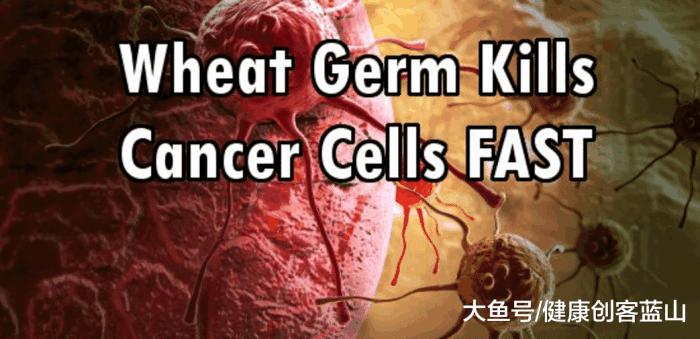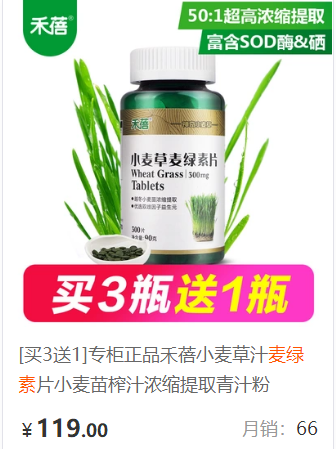小麦芽提取液诱导癌细胞自杀 Wheat sprout extract induced apoptosis in human cancer cells by proteasomes modulation
蛋白酶体功能的自然发生调节剂在癌症治疗中有着广泛的应用。
在此基础上,我们在前人研究的基础上,对单聚酚对蛋白酶体的抑制作用以及麦芽糖水醇提取物的特性进行了深入的研究,并对麦芽提取物对正常细胞和肿瘤细胞的作用进行了比较研究。
小麦幼芽提取物对分离的20S蛋白酶体的处理诱导了所有蛋白酶体活性的逐渐抑制。
接下来,分离出两种麦芽提取物:一种多酚,一种蛋白质。两种成分均对蛋白酶体活性有体外抑制作用。
HeLa肿瘤细胞和FHs 74 Int正常细胞暴露于这两个部分,导致不同的蛋白酶体抑制率,肿瘤细胞表现出明显更高程度的蛋白酶体损伤和凋亡诱导。
此外,在相同的处理下,观察到人浆细胞瘤RPMI 8226细胞系蛋白酶体活性和细胞存活率下降。
总的来说,我们的研究结果为在癌症治疗中可能使用天然提取物作为辅助佐剂提供了额外的证据。
https://s.click.taobao.com/dWJDNNw
Wheat sprout extract-induced apoptosis in human cancer cells by proteasomes modulation
- ScienceDirect https://www.sciencedirect.com/science/article/pii/S0300908409001588
Natural occurring modulators of proteasome functionality are extensively investigated for their implication in cancer therapy.
On the basis of our previous evidences both on proteasomal inhibition by monomeric polyphenols, and on the characterization of wheat sprout hydroalcoholic extract, herein we thoroughly report on a comparative study of the effect of wheat sprout extract on both normal and tumour cells.
Treatment of isolated 20S proteasomes with wheat sprout extracts induced a gradual inhibition of all proteasome activities.
Next, two wheat sprout extract components were separated: a polyphenol and a protein fraction. Both components exerted an in vitro inhibitory effect on proteasome activity.
HeLa tumour cells and FHs 74 Int normal cells were exposed to both fractions, resulting in different rates of proteasome inhibition, with tumour cells showing a significantly higher degree of proteasome impairment and apoptosis induction.
Furthermore, a decrease in proteasome activities and in cell survival of the human plasmacytoma RPMI 8226 cell line, upon the same treatments, was observed.
Collectively, our results provide additional evidences supporting the possible use of natural extracts as coadjuvants in cancer treatments.
Wheat sprout extract-induced apoptosis in human cancer cells by proteasomes modulation - ScienceDirect
https://www.sciencedirect.com/science/article/pii/S0300908409001588


.png)